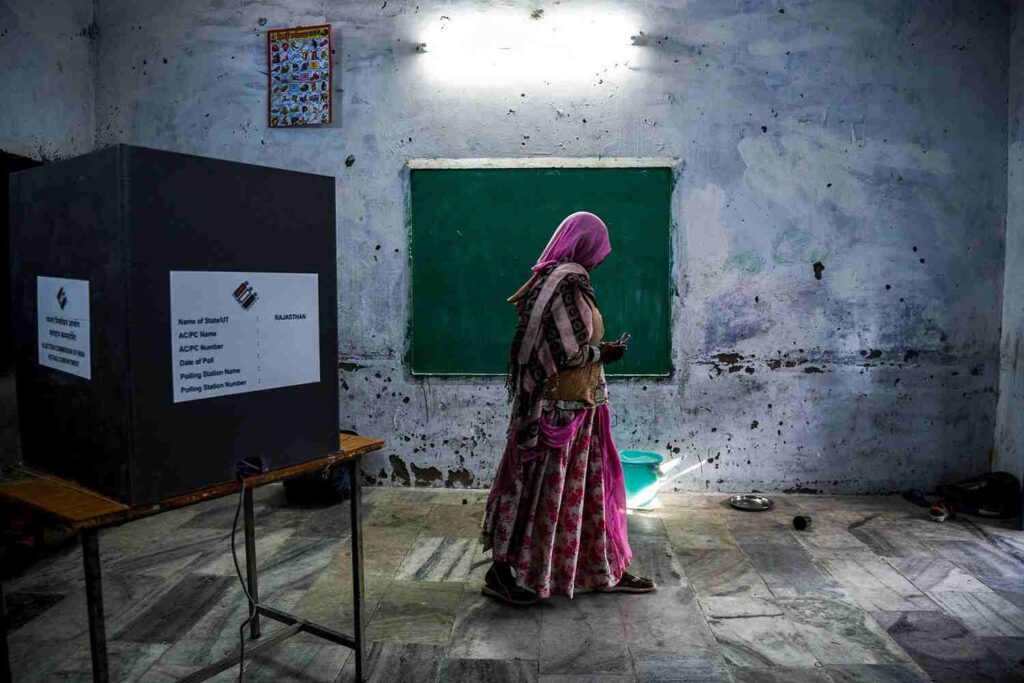Dad Mom Relationship And Children Perception

How do children perceive their Dad Mom relationship and how does it affect their curiosity about sex? This is the question that this article aims to explore, based on real information from various sources. The article will compare the perspectives of children from the US and Europe, and examine how different factors such as personality, parental conflict, and culture influence their optimal experience and sexual development.
Mesurado and Richaud de Minzi’s study
According to a study by Mesurado and Richaud de Minzi (2013), children’s personality and perception of parental relationship are important correlates of optimal experience, also known as flow. Flow is a mental state of total engagement and enjoyment in an activity that requires high concentration. The authors proposed functional and dysfunctional models to analyze how children’s flow experience can be increased or decreased by their parents’ relationship. They found that children who perceived their parents as accepting and moderately controlling had higher levels of extraversion, openness to experience, and conscientiousness, which in turn positively affected their flow experience. On the other hand, children who perceived their parents as pathologically controlling or negligent had higher levels of neuroticism, which negatively affected their flow experience.
The authors suggested that children’s flow experience can be seen as an indicator of their psychological well-being and development. They also argued that flow can facilitate the exploration of new domains of knowledge and skills, including sexuality. Therefore, children who have more optimal experiences may be more curious and open to learning about sex, while children who have less optimal experiences may be more anxious and avoidant of sex.
Children’s perception of their Dad Mom relationship
To illustrate this point, let us consider some examples of how children’s perception of their parents’ relationship may influence their curiosity about sex. For instance, a child who sees his parents arguing frequently and violently may feel insecure and fearful about his own relationships. He may associate sex with aggression and pain, and avoid any sexual information or activity. Alternatively, a child who sees her parents expressing love and affection regularly may feel confident and happy about her own relationships. She may associate sex with intimacy and pleasure, and seek more sexual information or activity.
Another study by Halford et al. (2018) examined the effects of the parents’ relationship on children’s adjustment. They presented an ecological framework that showed how the interaction between parents’ relationship and parent-child relationships can be influenced by various factors such as individual characteristics, family context, culture, and social support. They reviewed evidence on how negative aspects of parental relationships, such as high conflict and violence, can impair children’s emotional, behavioral, cognitive, and social outcomes. They also reviewed evidence on how positive aspects of parental relationships, such as intimacy and affection, can enhance children’s resilience, self-esteem, social skills, and academic performance.
The authors concluded that the parents’ relationship is a key factor for children’s well-being and development. They also suggested that interventions to improve the parents’ relationship can have beneficial effects on children. They recommended that parents should model healthy and respectful communication, cooperation, and problem-solving skills in front of their children. They also advised that parents should show affection and support to each other and to their children.
Read more: Avoiding Misunderstandings: 10 Tips for Newlyweds
The studies mentioned above indicate that children’s perception of their parents’ relationship can have a significant impact on their optimal experience and adjustment. However, these studies did not directly address how children’s perception of their parents’ relationship affects their curiosity about sex. To answer this question, we need to consider how children learn about sex from their parents and other sources.
What UNESCO report say about Dad Mom
According to a report by UNESCO (2018), sexuality education is an essential component of comprehensive health education for children and adolescents. The report defined sexuality education as “an age-appropriate, culturally relevant approach to teaching about sex and relationships by providing scientifically accurate, realistic, non-judgmental information.” The report stated that sexuality education can help young people develop positive attitudes, values, and skills that will enable them to make informed decisions about their sexual health and well-being. The report also highlighted the role of parents as the primary sources of sexuality education for their children. The report suggested that parents should start talking to their children about sex from an early age, using simple and appropriate language. The report emphasized that parents should be supportive, respectful, honest, and responsive to their children’s questions and needs.
Read more: Single Parent Romance Books: Finding Love in the Parenthood
The report also encouraged parents to collaborate with schools and other stakeholders to ensure that their children receive consistent and comprehensive sexuality education.
However, the report acknowledged that there are many challenges and barriers that prevent parents from providing effective sexuality education to their children. Some of these challenges include lack of knowledge, skills, confidence, time, resources, or support to talk about sex with their children.
Some parents may also face cultural, religious, or social norms that discourage them from discussing sex or expressing positive attitudes toward sexuality. Some parents may also have personal issues or traumas related to sexuality that affect their ability to communicate openly and honestly with their children.

 English
English 







































































































